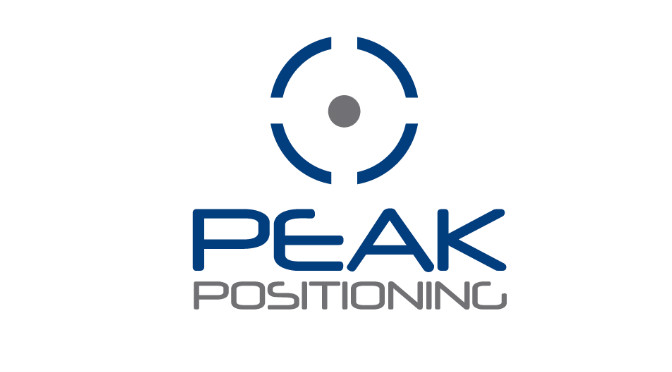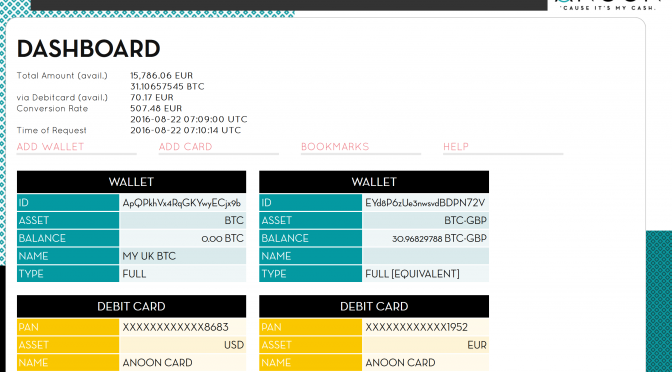Learning languages isn’t fun, even though it should be. You take classes, study grammar from textbooks and painstakingly memorize vocabulary.
Finally, the big day comes. Your plane lands in an exotic capital. Maybe you manage to make yourself understood with the first people you meet. But maybe you embarrass yourself.
Maybe you never take the trip in the first place, because you don’t have the confidence. You give up. You might sulk and regret wasting your time – and now your world has become a smaller place.
Or, you could try Hello Pal.
Hello Pal international Inc. (CSE:HP) has a social language learning network that flips the language learning process on its head. You start connecting with real people right from the start, while learning and having fun.
With nearly 1 million members in a user base that’s still growing fast, the company has captured the imagination of investors. Starting with a share price of $0.12 in May of this year, the stock was sitting at $0.43 by mid-August.
To use Hello Pal, users download the app to their smartphone. Next, they connect with a pal on the network (Think ‘pen pal’ – since that’s what the Pal in Hello Pal comes from).
Choosing a language comes next. With the help of phrasebooks integrated into Hello Pal’s chat system, users click on a phrase and then click the audio button to hear a native speaker say it.
After that, they record themselves saying the phrase. They send it to their pal. When the pal responds, the chat system helps the listener understand. Now they’re both having a conversation in a foreign language, instantly.
The user-friendly app has a big idea behind it. “We want to bring the world closer by eliminating the language barrier and letting people communicate in a joyful way,” says KL Wong, the CEO and founder of the company.
Wong, who was born in Malaysia and now lives in Hangzhou, China, speaks several languages. Fluent in English, Mandarin and Cantonese, Wong also has a working knowledge of Malay and French. He is learning Japanese and Korean.
The hard experience of learning languages the traditional way partly influenced the development of Hello Pal, but this entrepreneurial journey was anything but a straight path.
Following successful careers in law and investment banking, Wong made the switch to entrepreneur shortly after the birth of his daughter, Felicity.
With her education in mind, Wong created a team in Hong Kong and built a company, BrillKids. The company sold software to parents to help them teach their young children to read.
Wong recognized early on that it was tough to keep parents motivated to teach if they were using the software in isolation. To make BrillKids more engaging, they attached a social network and forums into the BrillKids online store, where the parents would interact.
The company gained traction and international recognition. With the support of an early investor, Wong tried to bring the solution to China.
Then he ran into a cultural barrier to entry. Parents there didn’t want their preschool kids staring at computer screens. To adapt, Wong decided to use his existing language curricula and content and target Chinese children of an older age group where the computer screen issue was less acute, and to offer the content through apps.
The vision continued to evolve. One key factor to getting children’s engagement would be to connect them with kids from other countries. He was excited about the idea at first, but he soon realized having to get parental permission would be a huge barrier.
Then came the final pivot: instead of catering to kids, they would target adults.
Hello Pal incorporated the best ideas from his earlier experiments.
“Why do we learn languages?” Wong asks. “Ultimately, to use it with real people. I started to see that beyond just helping people learn languages, I could actually play a role, however small, in helping people meet each other, communicate better and promote greater understanding around the world.”
He had a lofty goal, but at first not much of a business model for Hello Pal. “I just needed to get this product done, for the sake of many people to come,” Wong says. He put his team to work, to make this vision a reality.
When they launched in the spring of 2015, Wong had a last-minute case of nervousness, half-expecting Hello Pal to be a desert. Instead, the team’s efforts at leveraging the now-popular BrillKids community paid off with 1,000 signups on the first day alone.
They’ve seen a steady torrent of new users ever since. Today, the user base is over 1 million.
Wong still conveys that same boundless idealism of the original mission when he speaks. Still, it didn’t take long for the serial entrepreneur inside him to realize the value of what they had. He wasn’t alone.
Hello Pal’s early investor started talking with some other investors from Vancouver who were looking for their next big opportunity. They looked at the app, saw that Hello Pal was already at about 350,000 users and they were hooked.
A reverse merger and listing as Neoteck Solutions Inc. came next, before Hello Pal listed under its own name on the CSE in May 2016.
Growth followed. The company now has 18 employees in Hangzhou, consisting of a programming team that complements another team in Ukraine. International marketers and administrators work in Hong Kong. Three advisers operate out of Vancouver.
“We’re truly a global company because we have to be to do what we’re doing,” Wong says. “Particularly when it comes to operating in China, you need people on your team who are international.”
“It’s very difficult, for example, for a US company to do something like this and do it well in China,” Wong adds. “Even when I was in Hong Kong, I didn’t feel prepared to tackle China. That’s why I moved here. You’ve got to have a real presence there to have a chance.”
Today, Hello Pal is free to download and the company is pre-revenue. “Right now, we’re focused on user growth and acquisition,” Wong explains. But that will change.
“We feel we’re actually spoiled for choice in terms of revenue models,” Wong says. The company aims to target three silos of customers: social people who just want to meet people from other countries, language learners who want to talk to native speakers and travelers who want to meet people from other countries before they go there.
These groups have some common interests, but Hello Pal ultimately aims to cater to them in different ways, leveraging the huge user base when they’re ready to go after revenue.
“Just looking at the social marketplace, there are a lot of tried-and-tested revenue models that have been highly successful,” Wong says. He points to the Chinese social network Momo, which was valued at $3 billion not long after it had its IPO on the NASDAQ.
He points out that in China, social networks become very profitable by charging for VIP systems, small gifts, digital stickers (like emoticons on steroids, Wong explains) and many other offerings. “These are things that are not necessarily popular in the West, but hugely popular in the East,” he adds.
Beyond that, there’s advertising, sponsorship, and more. “When it comes time, we’ll have lots of options.”
Learn more about Hello Pal International Inc. at http://www.hellopal.com/ and on the CSE website at http://thecse.com/en/listings/technology/hello-pal-international-inc



